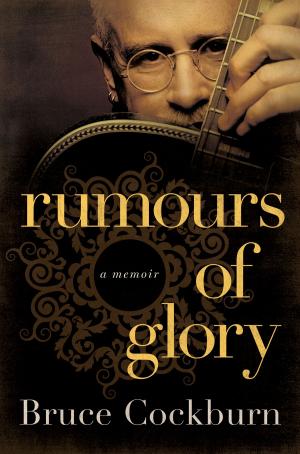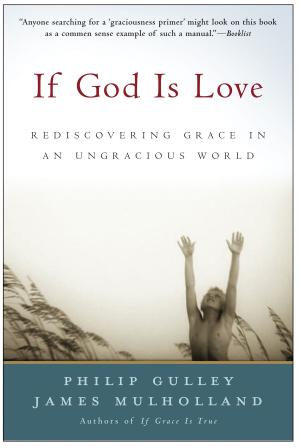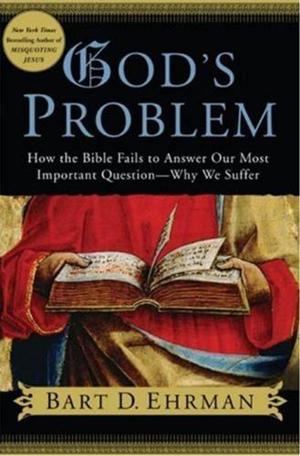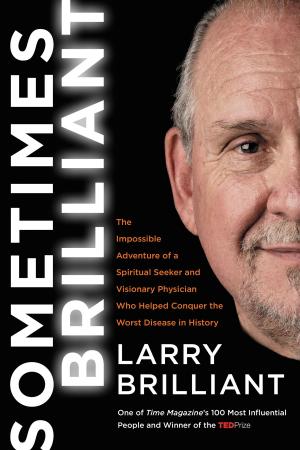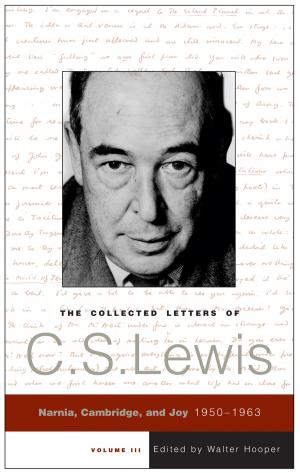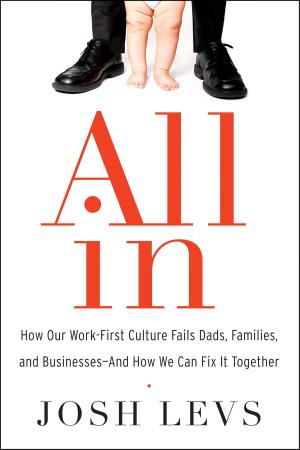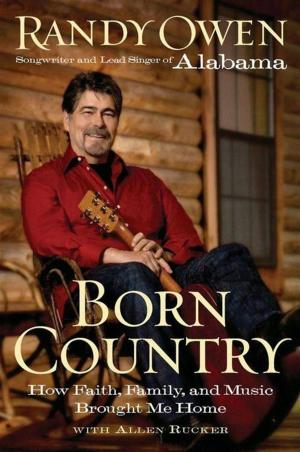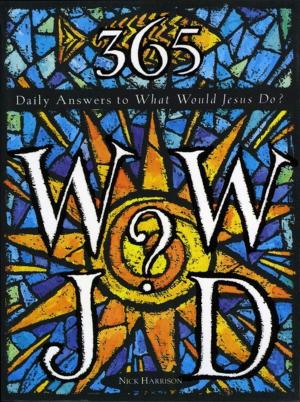Love Cemetery
Unburying the Secret History of Slaves
Nonfiction, Social & Cultural Studies, Social Science, Sociology, Marriage & Family, Cultural Studies, African-American Studies, History| Author: | China Galland | ISBN: | 9780061748752 |
| Publisher: | HarperOne | Publication: | October 13, 2009 |
| Imprint: | HarperOne | Language: | English |
| Author: | China Galland |
| ISBN: | 9780061748752 |
| Publisher: | HarperOne |
| Publication: | October 13, 2009 |
| Imprint: | HarperOne |
| Language: | English |
By the eve of the Civil War, there were four million slaves in North America, and Harrison County was the largest slave-owning county in Texas. So when China Galland returned to research her family history there, it should not have surprised her to learn of unmarked cemeteries for slaves. "My daddy never let anybody plow this end of the field," a local matron told a startled Galland during a visit to her antebellum mansion. "The slaves are buried there." Galland's subsequent effort to help restore just one of these cemeteries—Love Cemetery—unearths a quintessential American story of prejudice, land theft, and environmental destruction, uncovering racial wounds that are slow to heal.
Galland gathers an interracial group of local religious leaders and laypeople to work on restoring Love Cemetery, securing community access to it, and rededicating it to the memories of those buried there. In her attempt to help reconsecrate Love Cemetery, Galland unearths the ghosts of slavery that still haunt us today. Research into county historical records and interviews with local residents uncover two versions of history—one black, one white. Galland unpacks these tangled narratives to reveal a history of shame—of slavery and lynching, Jim Crow laws and land takings (the theft of land from African-Americans), and ongoing exploitation of the land surrounding the cemetery by oil and gas drilling. With dread she even discovers how her own ancestors benefited from the racial imbalance.
She also encounters some remarkable, inspiring characters in local history. Surprisingly, the original deed for the cemetery's land was granted not by a white plantation owner, but by Della Love Walker, the niece of the famous African-American cowboy Deadwood Dick. Through another member of the Love Cemetery committee, Galland discovers a connection to Marshall's native son, James L. Farmer, a founder of Congress of Racial Equality (CORE) and organizer of the 1961 Freedom Riders. In researching local history, Galland also learns of the Colored Farmers' Alliance, a statewide group formed in the 19th century that took up issues ranging from low wages paid to cotton pickers to emigration to Liberia.
By telling this one story of ultimate interracial and intergenerational cooperation, Galland provides a model of the kind of communal remembering and reconciliation that can begin to heal the deep racial scars of an entire nation.
By the eve of the Civil War, there were four million slaves in North America, and Harrison County was the largest slave-owning county in Texas. So when China Galland returned to research her family history there, it should not have surprised her to learn of unmarked cemeteries for slaves. "My daddy never let anybody plow this end of the field," a local matron told a startled Galland during a visit to her antebellum mansion. "The slaves are buried there." Galland's subsequent effort to help restore just one of these cemeteries—Love Cemetery—unearths a quintessential American story of prejudice, land theft, and environmental destruction, uncovering racial wounds that are slow to heal.
Galland gathers an interracial group of local religious leaders and laypeople to work on restoring Love Cemetery, securing community access to it, and rededicating it to the memories of those buried there. In her attempt to help reconsecrate Love Cemetery, Galland unearths the ghosts of slavery that still haunt us today. Research into county historical records and interviews with local residents uncover two versions of history—one black, one white. Galland unpacks these tangled narratives to reveal a history of shame—of slavery and lynching, Jim Crow laws and land takings (the theft of land from African-Americans), and ongoing exploitation of the land surrounding the cemetery by oil and gas drilling. With dread she even discovers how her own ancestors benefited from the racial imbalance.
She also encounters some remarkable, inspiring characters in local history. Surprisingly, the original deed for the cemetery's land was granted not by a white plantation owner, but by Della Love Walker, the niece of the famous African-American cowboy Deadwood Dick. Through another member of the Love Cemetery committee, Galland discovers a connection to Marshall's native son, James L. Farmer, a founder of Congress of Racial Equality (CORE) and organizer of the 1961 Freedom Riders. In researching local history, Galland also learns of the Colored Farmers' Alliance, a statewide group formed in the 19th century that took up issues ranging from low wages paid to cotton pickers to emigration to Liberia.
By telling this one story of ultimate interracial and intergenerational cooperation, Galland provides a model of the kind of communal remembering and reconciliation that can begin to heal the deep racial scars of an entire nation.


